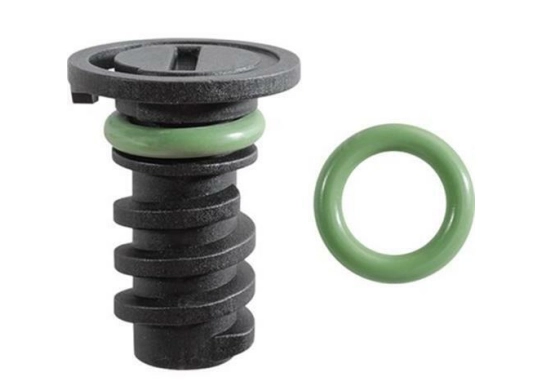centrifugal pump seal
Understanding the Importance of Seals in Centrifugal Pumps
Centrifugal pumps are widely used in various industrial applications due to their efficiency and ability to handle large volumes of fluids. However, like any mechanical device, they require specific components to ensure optimal operation. One such crucial component is the pump seal. In this article, we will explore the significance of seals in centrifugal pumps, the types available, and best practices for maintaining them.
What is a Centrifugal Pump Seal?
A centrifugal pump seal is designed to prevent the fluid being pumped from leaking out of the pump casing. It separates the moving components—like the impeller and the motor—from the external environment. Without a proper seal, not only would the pump fail to maintain efficiency, but it could also lead to costly fluid loss, increased maintenance needs, and potential environmental hazards.
Types of Seals
Centrifugal pump seals can be classified into two main categories mechanical seals and packing seals
.1. Mechanical Seals These are the most commonly used seals in modern centrifugal pumps. Mechanical seals consist of two flat surfaces—one attached to the rotating shaft and the other to the stationary pump casing. They rely on the pressure of the fluid in the pump to keep the surfaces in contact, thereby minimizing leakage. Mechanical seals are more efficient and have a longer operational life compared to packing seals. They are also less prone to wear and require less maintenance.
2. Packing Seals This type involves packing material, typically made from braided fibers, that is compressed around the shaft. While packing seals are less expensive and simpler to install, they often require more frequent adjustments and maintenance to prevent leaks. They can generate heat due to friction, leading to wear over time. As a result, packing seals are generally used in less critical applications or for more straightforward setups.
Importance of Proper Sealing
The primary function of a seal in a centrifugal pump is to prevent leaks. However, the implications of a well-functioning seal go beyond just leakage prevention.
1. Efficiency A proper seal ensures that the fluid is effectively contained within the pump. This containment allows for optimal fluid movement and pressure, which increases the pump’s overall efficiency.
centrifugal pump seal

2. Safety In many industries, pumped fluids can be hazardous. A malfunctioning seal can lead to spills or leaks, posing safety risks to workers and the surrounding environment. Proper sealing can mitigate these risks significantly.
3. Cost-effectiveness Maintaining a reliable seal reduces the need for extensive maintenance and repairs. Reducing fluid loss also decreases operational costs, making operations more cost-effective in the long run.
Best Practices for Seal Maintenance
To ensure the longevity and effectiveness of seals in centrifugal pumps, appropriate maintenance practices should be followed
1. Regular Inspections Routine inspections can help identify early signs of wear or damage. Look for signs of leakage around the pump and monitor for any changes in performance.
2. Proper Installation Following manufacturer guidelines for installation is crucial. A poorly installed seal can lead to early failure and severe performance issues.
3. Adequate Cooling If the pump operates at high speeds or under high temperatures, ensuring the seals are adequately cooled will help extend their lifespan.
4. Environment Considerations Be mindful of the pumped fluid's properties. Aggressive chemicals or particles can accelerate seal wear, so select the appropriate seal material when dealing with specialized fluids.
5. Replacement Schedule Implement a regular replacement schedule based on operational hours and the type of seal used. This proactive approach can help prevent unexpected downtime.
Conclusion
In conclusion, seals play a vital role in the operation of centrifugal pumps. They minimize leakage, enhance efficiency, and contribute to safety and cost-effectiveness. Understanding the types of seals and implementing best maintenance practices can significantly extend the lifespan of the pump and improve its operational efficiency. As organizations strive to optimize their processes, attention to details like pump seals can lead to substantial benefits in both performance and sustainability.
-
Understanding Polaris Front Differentials: Key Components for Off-Road Performance
News Jun.20,2025
-
Understanding Crankshaft Seals and Gaskets: Essential Components for Engine Longevity
News Jun.20,2025
-
Understanding Crankshaft Oil Seals: Vital Protection for Engine Performance
News Jun.20,2025
-
The Vital Role of Front and Rear Crankshaft Seals in Engine Protection
News Jun.20,2025
-
Rear Crankshaft Seals: Protecting Your Engine from the Back End
News Jun.20,2025
-
Crank Oil Seals: What They Do, How They Fail, and What They Cost
News Jun.20,2025
-
Understanding Oil Crush Washers: A Small Component with a Big Role in Vehicle Maintenance
News Jun.19,2025
Products categories















